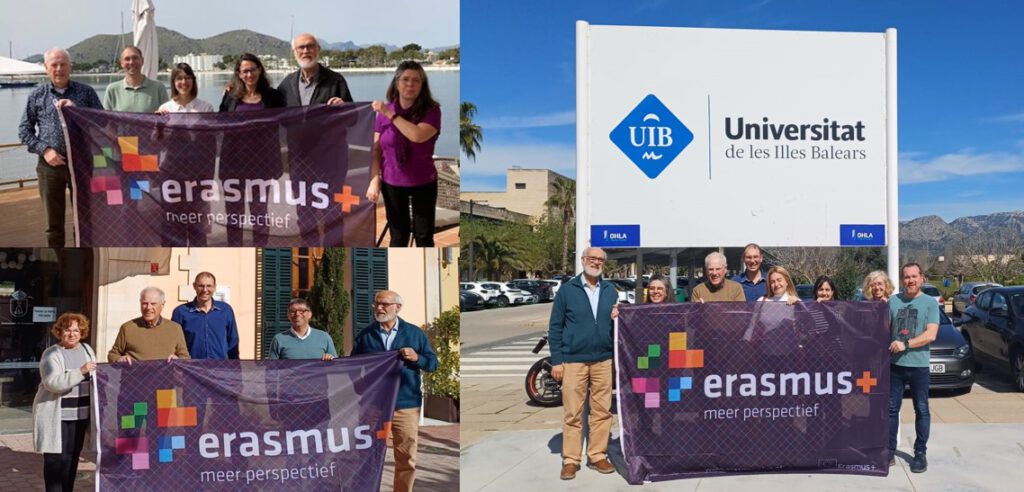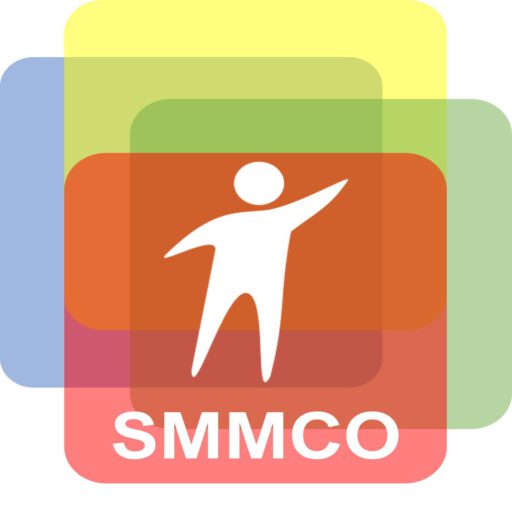After extensive research and creating the SMMCO international module for ‘Self-Directed-Support’. All participating organisations finished their pilot training provided to managers, carers, and students of different organisations and universities in Spain, Portugal, and the Netherlands.
With the feedback on the 8 training sessions from all the participants, we were able to create an even higher standard for the course outline ‘Self-Directed-Support’ which is beneficial to increase the quality of life for people who need extra care from others.
When we talked about the new ideas and feedback with our international partners of this Erasmus+ project, our interest to learn from one another and to increase the learning curve grew even stronger. Due to the diversity of participants, we were able to adapt several modules to inspire managers even more when working effectively with their clients.
Our own goal was specifically to focus on the impact for the clients to make their own decisions. All training sessions involved shared practical real life cases and provided insight into how managers can react in different situations to provide the best care for the clients.
The inputs from the managers are different in the countries due to the financial support made available to clients. Despite the difference that a national measure to allocate a personal budget can have on the provision of certain services for people with additional needs, this does not prevent creative approaches by managers to obtain a better “autonomous support” service for clients.
By consolidating all the knowledge, the criteria of the course made a positive change to adapt and focus on the second phase of the training manual. This led to the restructuring of several subjects to create an even more meaningful course content.
Although ‘Self-Directed-Support’ should be a common sense for all people, however it was noted that there is still some lack of knowledge about this topic or how it can be put into practice. In other cases, we noticed that national laws or regulations provided unnecessary challenges to increase and develop ‘Self-Directed-Support’ for people with a disability or in need of extra support.
We noticed that in some cases neither the client nor the manager is stopping the road to ‘Self-Directed-Support’, but the system in which the client is entangled. Therefore creating awareness of this topic is essential to make an impact and provide equal rights to all.

A conservative less liberal strategy might entangle the enthusiast of the manager and the client and could turn into creating his/her own rules and regulations. If a client is no longer the centre of attention for his/her direction in life we are forgetting the essential basis of human rights. The influence of time-consuming actions could create unnecessary stress, and irritation rather than expanding or building a positive relationship between the client and her/his caregiver.
After many hours of productive communication, providing ideas, and sharing information, we feel that the team is now ready to complete the final stage of the module. The content scope is minimised to gain a more in-depth learning curve and a quicker approach for managers whereby the impact on the client will be much more visible.
A second pilot round of the revised course will happen around September of this year in which we will continue to cooperate with various institutions in each participating countries. If you would like to know more about participating and to follow this course you can send an e-mail to info@smmco.nl and we will forward your request to one of our trainers.
